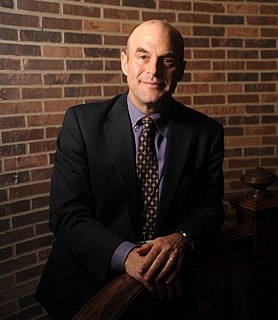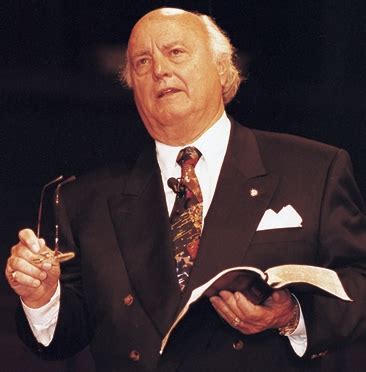A Quote by Phillip Lopate
Confession makes you a more trustworthy narrator.
Quote Topics
Related Quotes
If someone tells you that George Bush is not the 43rd president of the United States, they might be engaged in wishful thinking, or denial, but if they make that claim, it's either true or false! And you can assess that, regardless of whether there's an omniscient narrator, or an unreliable narrator, or it's shot in vérité, or it's manipulated, it's agitprop, whatever! It makes no difference! It's a style!
A lot of crime writing suffers from treading water. I feel an obligation to move the character on and not repeat myself. I try to fit him into a different period and a different agenda. That way, you learn slightly more about his personal history in the tradition of the unreliable narrator. It makes it more challenging to write.




































